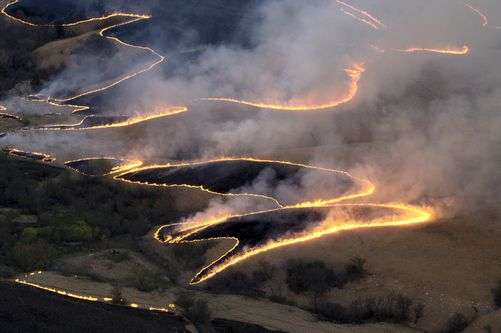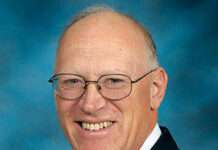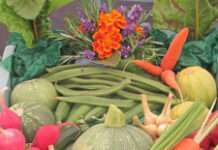March 5 event will be online this year
MANHATTAN, Kan. – Two years into a sweeping six-year study on prescribed burning in the Flint Hills, Kansas State University researchers already have take-home messages about cattle performance and plant response when burning pastures later in the summer versus burning at the more traditional time in early spring.
Early spring burning, which reduces the growth of brush and trees and helps native prairie grasses flourish, has been a long-standing practice. But if many landowners burn in a short window of time in early spring, it can lead to poor air quality, so K-State researchers are investigating whether burning later in the summer might be an option for some producers and offer the same benefits as early spring burning.
The research findings are part of a report on K-State cattle research available as part of the 108th Cattlemen’s Day March 5. This year’s event will be held virtually to keep participants safe from COVID-19 and offer an added upside — farmers and ranchers can participate from anywhere online, rather than travel to Manhattan.
One facet of the prescribed burning study examined how yearling cattle grazing pastures burned in summer performed compared with cattle that grazed on pastures burned in early spring. The research to date indicates that yearlings grazing on pastures burned in summer performed similarly to those grazing pasture burned in spring.
Another part of the study is looking at the effects of prescribed fire timing on native plant composition, forage biomass accumulation, and root carbohydrate reserves. The early data indicated that basal cover of forage grasses and forbs, forage biomass accumulation and root carbohydrate concentrations in key tallgrass species did not differ between prescribed-fire treatments.
The research is being conducted by KC Olson, professor of range beef cattle nutrition and management. K-State graduate student Zachary Duncan is part of Olson’s research team on the project.
Online registration for Cattlemen’s Day is now open.
More information on the prescribed burning study is available by contacting Olson at [email protected].
FOR PRINT PUBLICATIONS: Links used in this article
2021 Cattlemen’s Day https://www.asi.k-state.edu/events/cattlemens-day
2021 Cattlemen’s Day registration https://ksu.zoom.us/webinar/register/WN_06awzhAJT8SAsyTbhDByeg
K State Research and Extension is a short name for the Kansas State University Agricultural Experiment Station and Cooperative Extension Service, a program designed to generate and distribute useful knowledge for the well being of Kansans. Supported by county, state, federal and private funds, the program has county extension offices, experiment fields, area extension offices and regional research centers statewide. Its headquarters is on the K State campus in Manhattan. For more information, visit www.ksre.ksu.edu. K-State Research and Extension is an equal opportunity provider and employer.
For more information:
KC Olson
[email protected]
Written by:
Mary Lou Peter
[email protected]




